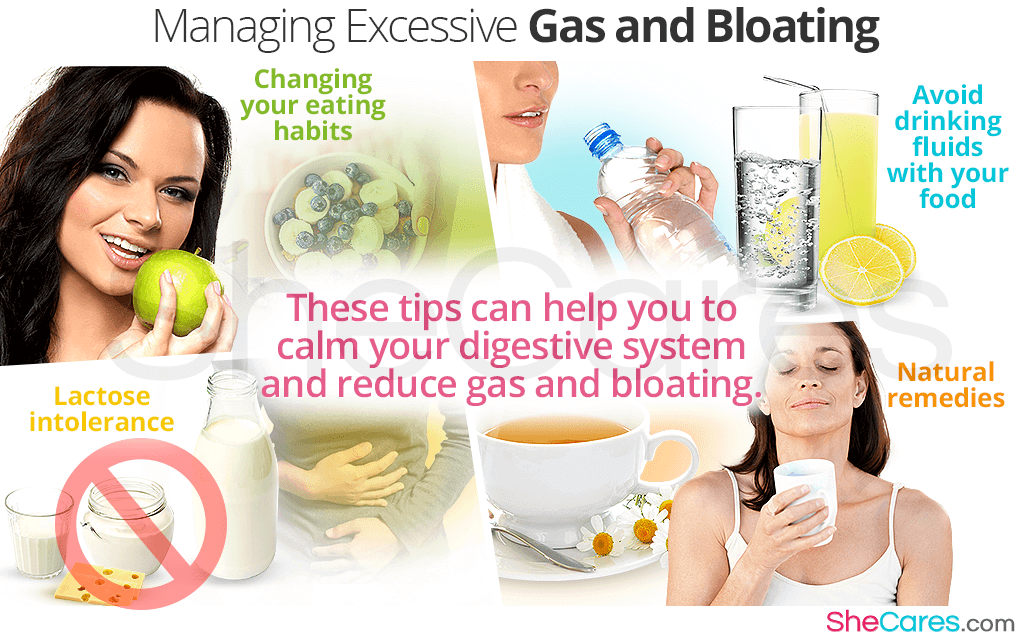Everybody experiences gas at some point in their lives. However, for some people, consistent gassiness can become such a problem that is causes extreme bloating and sometimes even pain. If this describes your symptoms, read on to learn more about this condition.
Recognizing Excessive Gas and Bloating
There is no distinct line between normal gas and bloating and the excessive gas and bloating that causes such distress. Bloating is a fullness or tightness in the abdomen, and is often caused by gas in the digestive system. When this becomes excessive bloating, it may be painful or cause a significant difference in the appearance of the abdomen. While there is no way to officially determine if somebody's gas and bloating is excessive, your experience with the normal experience of gassiness can help you decide if what you're experiencing is severe.
Causes of Excessive Gas and Bloating
Many of the causes of excessive gas are the same as the causes of normal gas. For instance, certain foods are still some of the most likely reasons for excessive gas, but it is likely that your body has extra trouble digesting foods. This may be because of conditions like lactose intolerance or celiac disease.
Bacterial overgrowth in the small intestine can also cause excessive bloating. This occurs when the good bacteria begins to overpopulate areas where it shouldn't be growing vigorously, and causes the digestive system to have trouble digesting foods.
A number of digestive diseases are also commonly the reason for excessive bloating. Irritable bowel syndrome is one disease that very often causes bloating as well as excess gas in the intestines. Crohn's disease is another possibility. Certain more serious diseases, such as some types of cancer, may also be behind the problem, although this is rarer.
Managing Excessive Gas and Bloating
The first step for managing excessive gas and bloating is changing your eating habits. This means that you should eat slowly, making sure that you chew all of your food. It is often advised to not drink fluids with your food to prevent yourself from swallowing air.
You should also make dietary changes. Eliminating certain foods from your diet may solve your problem entirely, especially if your problem is lactose intolerance or a similar condition. Note what foods cause the most problems and try removing them from your diet to see if it makes a difference.
You can also try some natural remedies, like peppermint or chamomile, to try to help calm your digestive system and reduce bloating.
When to See a Doctor
If these at-home control methods make no difference, you should talk to a doctor. Additionally, you should visit a doctor immediately if your excessive gas and bloating is accompanied by:
- Severe abdominal pain, especially if it is tender to the touch
- Vomiting, especially vomiting blood
- Blood in the stool
- Unintended weight loss
- Fever
Knowing more about the causes and solutions for your excessive bloating can help you decide how to treat it. Learn more about the right foods and bloating: what to eat and what not.
